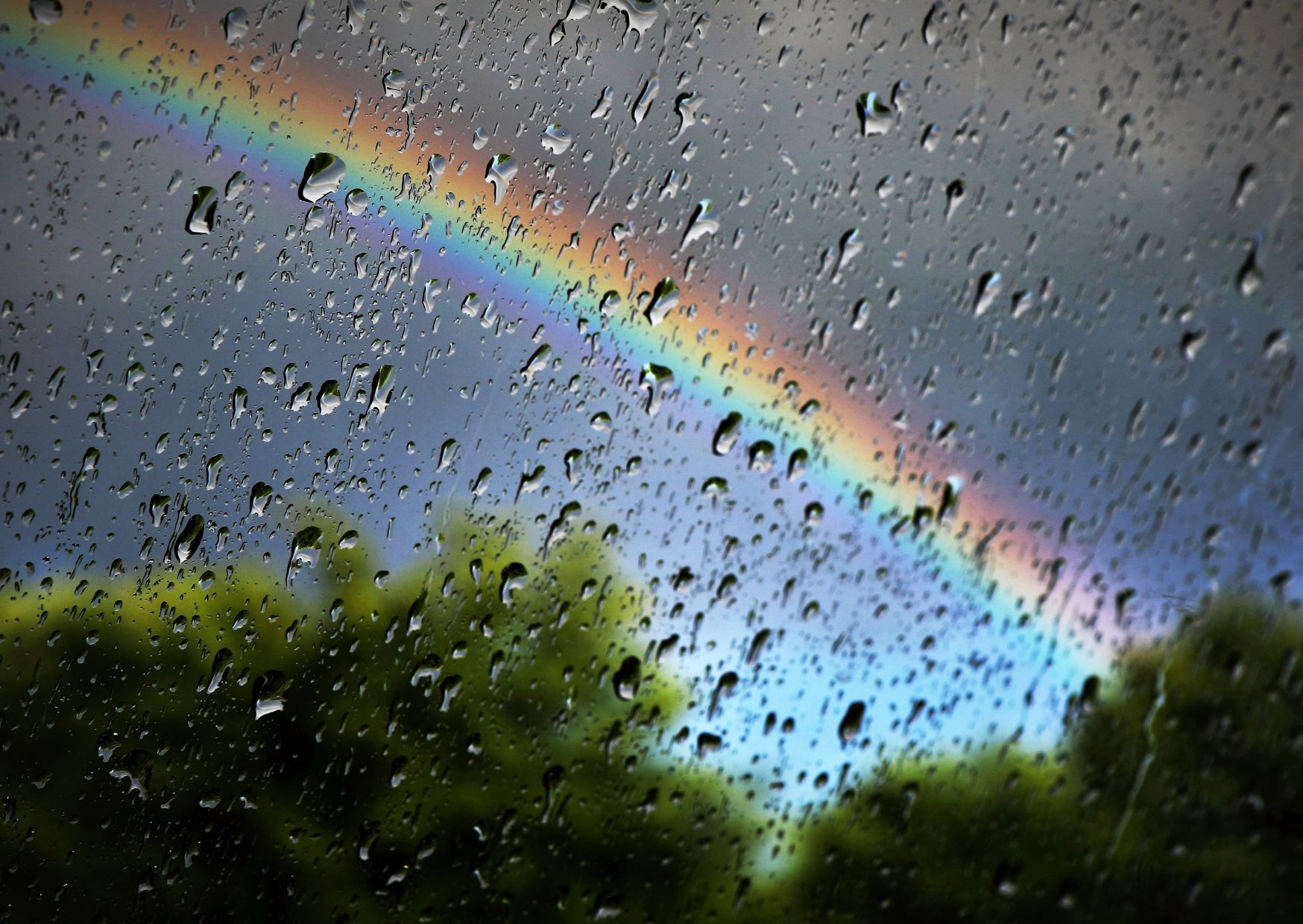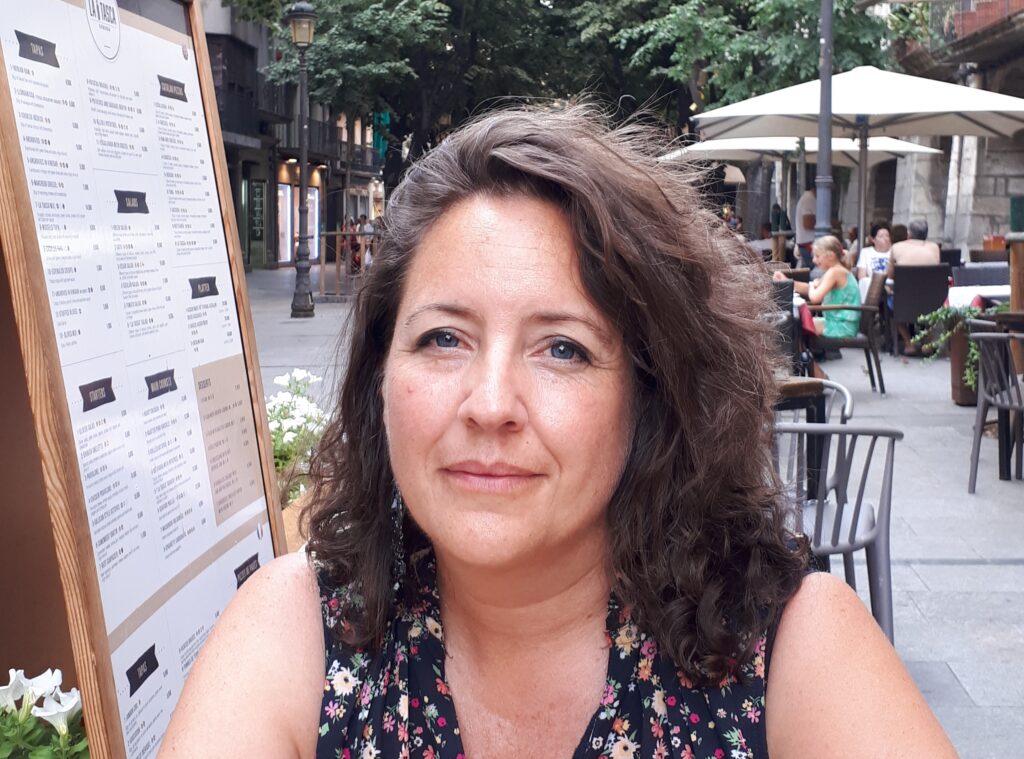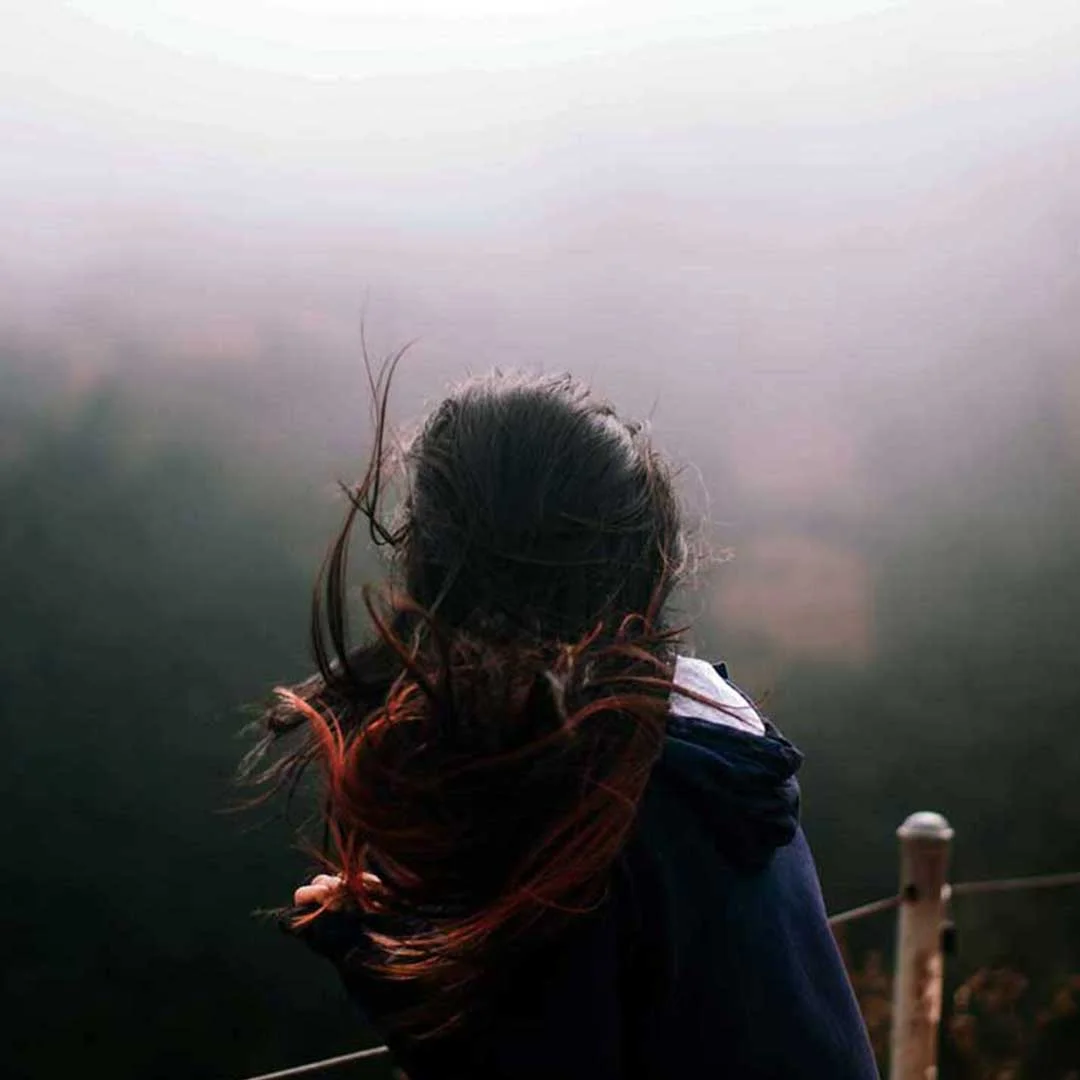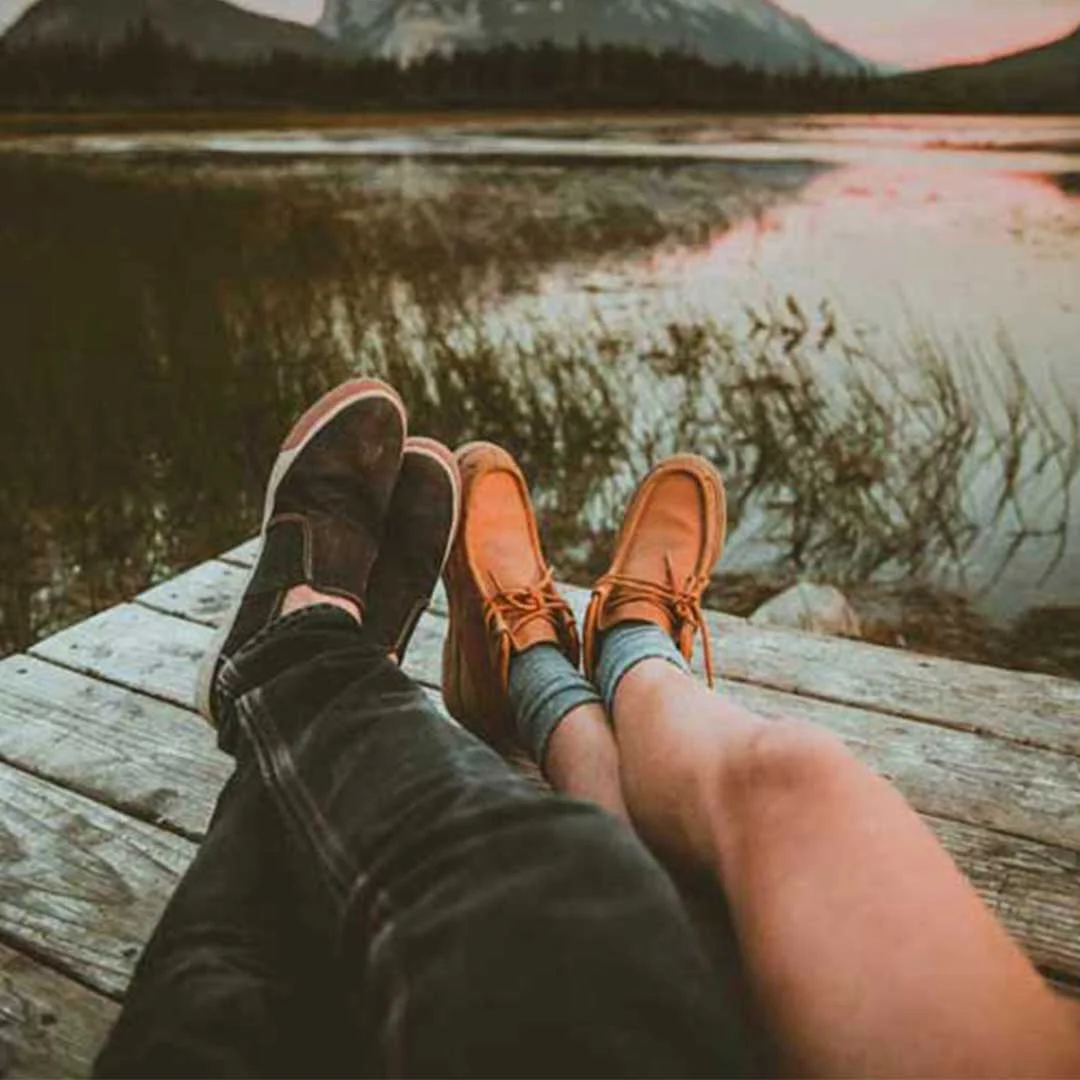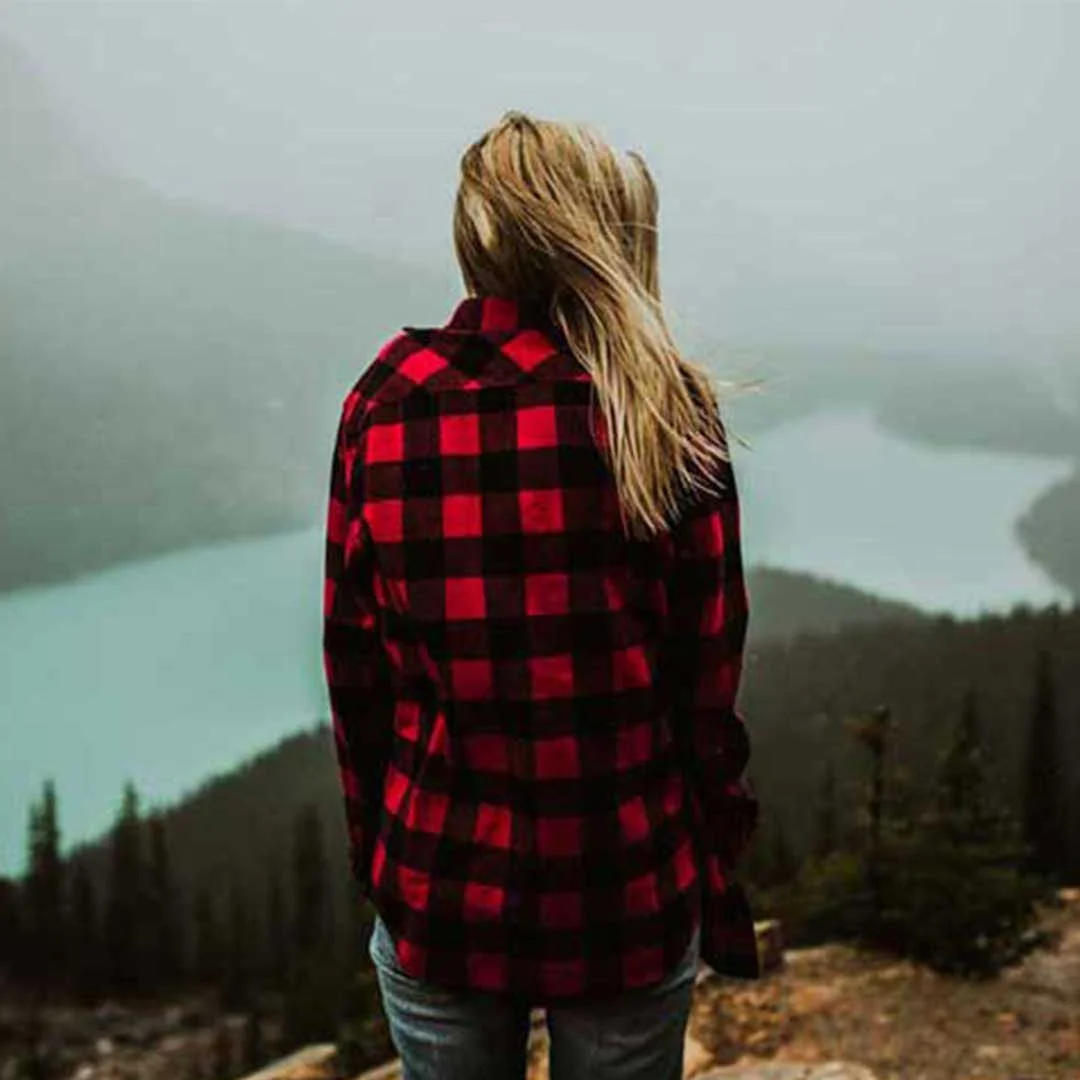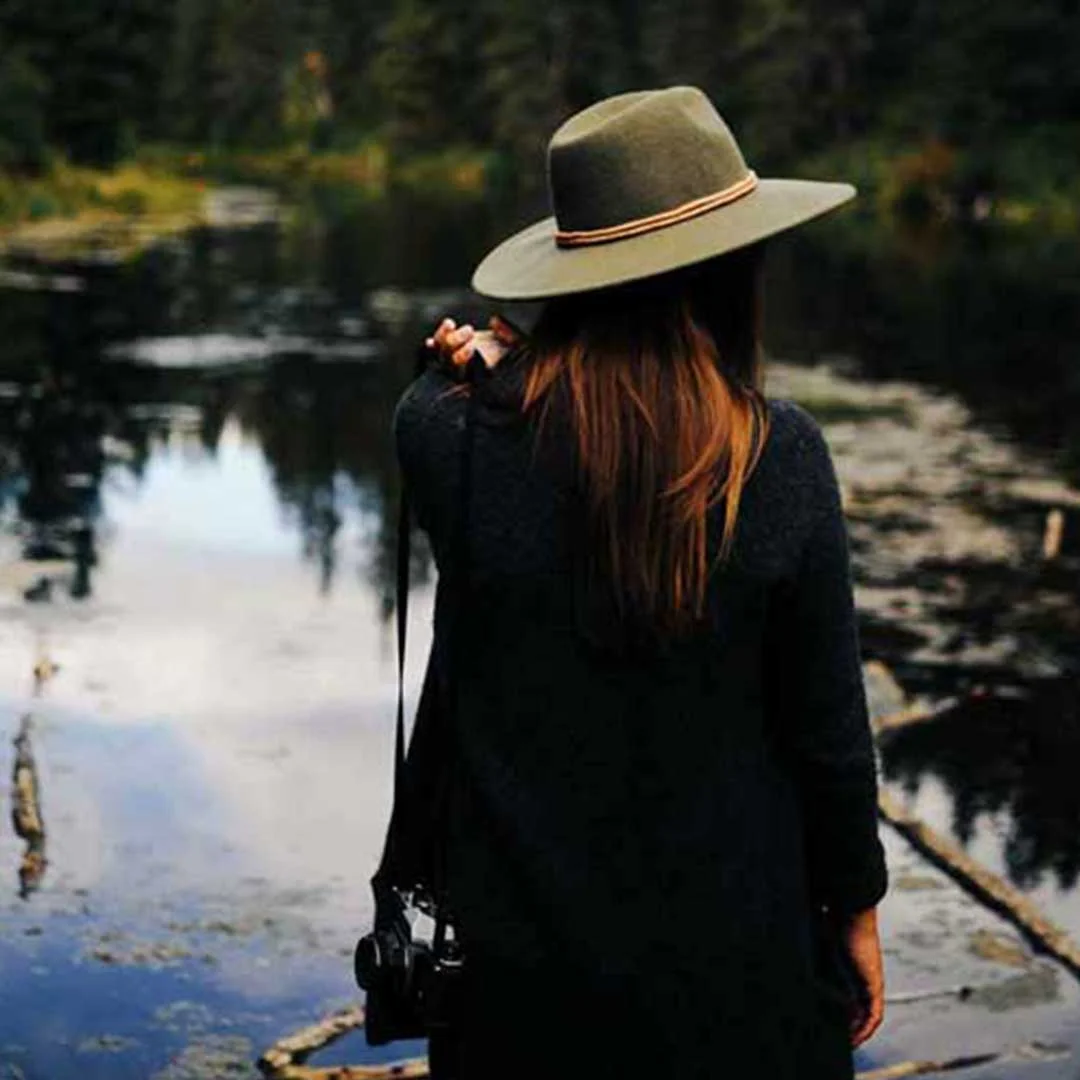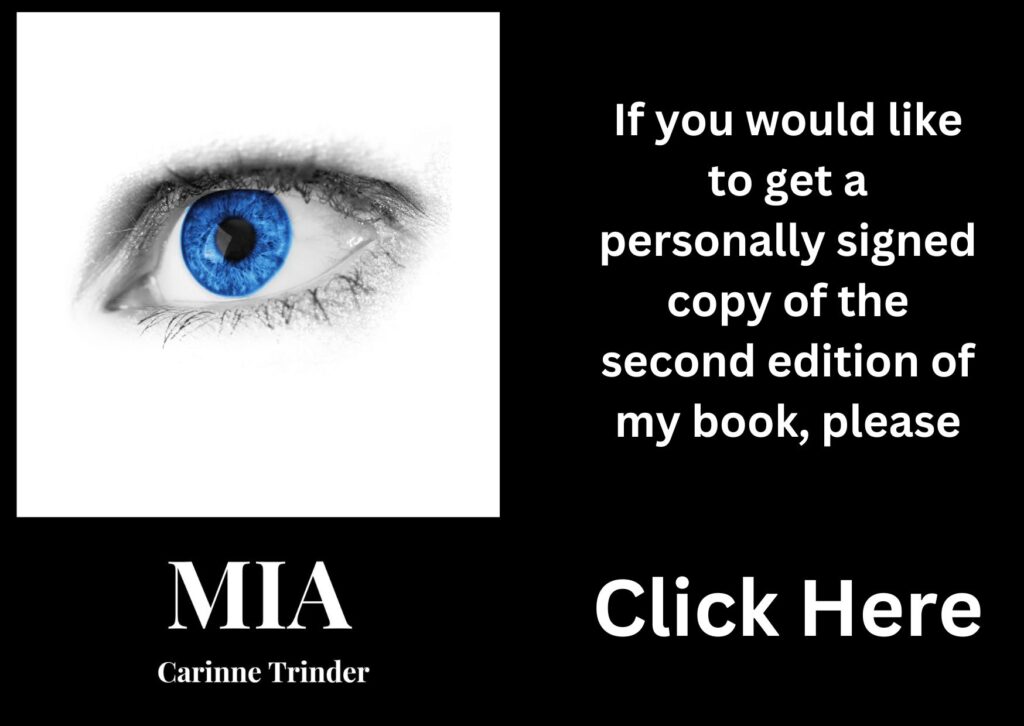I have been thinking about doing an article on this subject for a number of years, but suddenly it feels like the right time. My question to you readers is, do most people know what and how debilitating this condition sometimes is? We at the time didn’t even acknowledge or realise it’s existence.
Just over ten years ago (and with the thought that all that time having passed us by is now quite frightening) my gorgeous husband suddenly started to lose his hair. To put this into context, he always had beautiful long auburn curly hair, beard and moustache, one of the things that first attracted me to him apart from his wicked sense of humour! It was part of his being, his personality. And yet on one fateful day, his hair started to fall out. I’m not talking about male-pattern baldness where the change is gradual over years, and you almost expect it as you get older. I am talking about hair on the pillow, chunks on the floor, falling out. I think he had lost most of it in only 2 weeks. Brutal. When I say lost most of it, I am talking about Alopecia Universalis (AU).
Complete and absolute loss of hair. Everywhere.
No hair on the scalp, eyebrows, eyelashes, nose, body… Even the tiny hairs you don’t see in the ears had gone. Totally disappeared in about 2/4 weeks.
Horrific.
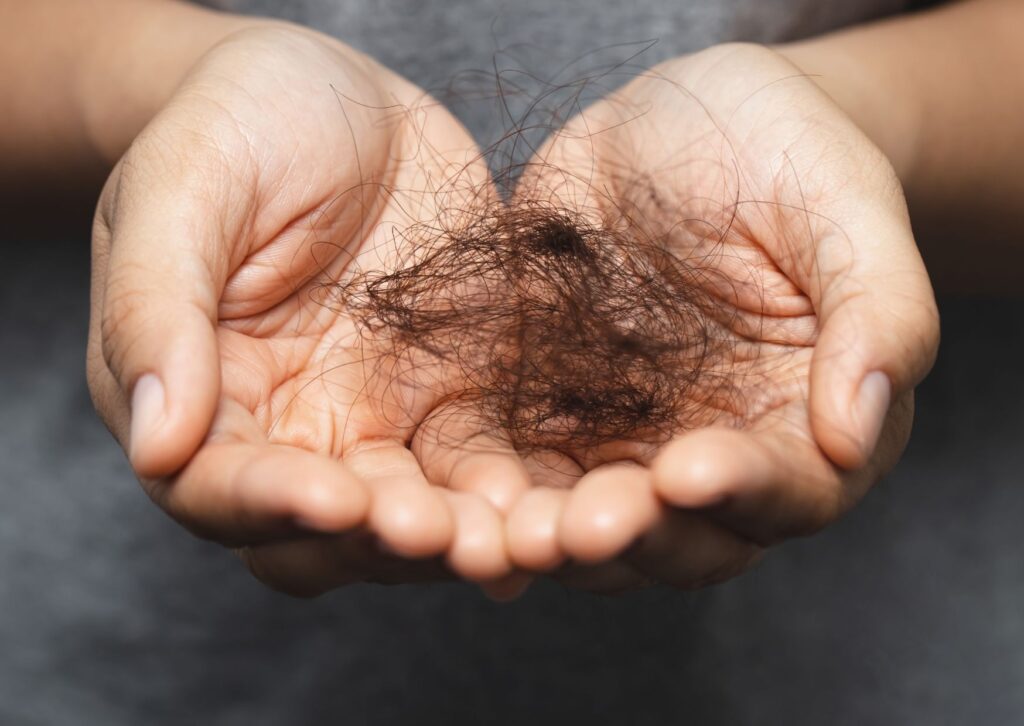
Immediately when it started to happen we naturally went to the doctor in a panic to see what could be done, why was it happening, what could we could do if anything. Blood tests were taken, a scalp biopsy was ordered. And this is where the trauma unfolded.
Reasons for its occurence is more or less unknown.
It is an auto-immune disease.
It can be a genetic condition and the condition can run in families.
There is no reliably trialled or proven cure.
Treatments at the time were suggested. These included ultra-violet light therapy to help re-stimulate the hair follicles, or topical injections with the latest medicines to create allergic reactions to stimulate an immune system response. However the prognosis was not hopeful. Apparently this condition affects around 0.03% of the population worldwide, which is surprising as you rarely see people who have this condition, or do you?
If you have never encountered this problem, you might have to think for a moment what hair means to you. I mean, we’re just talking about hair. Who really cares? It’s not like you have cancer or some terminal illness. Get a grip, it’s just hair. And so the comments came when it first occured.
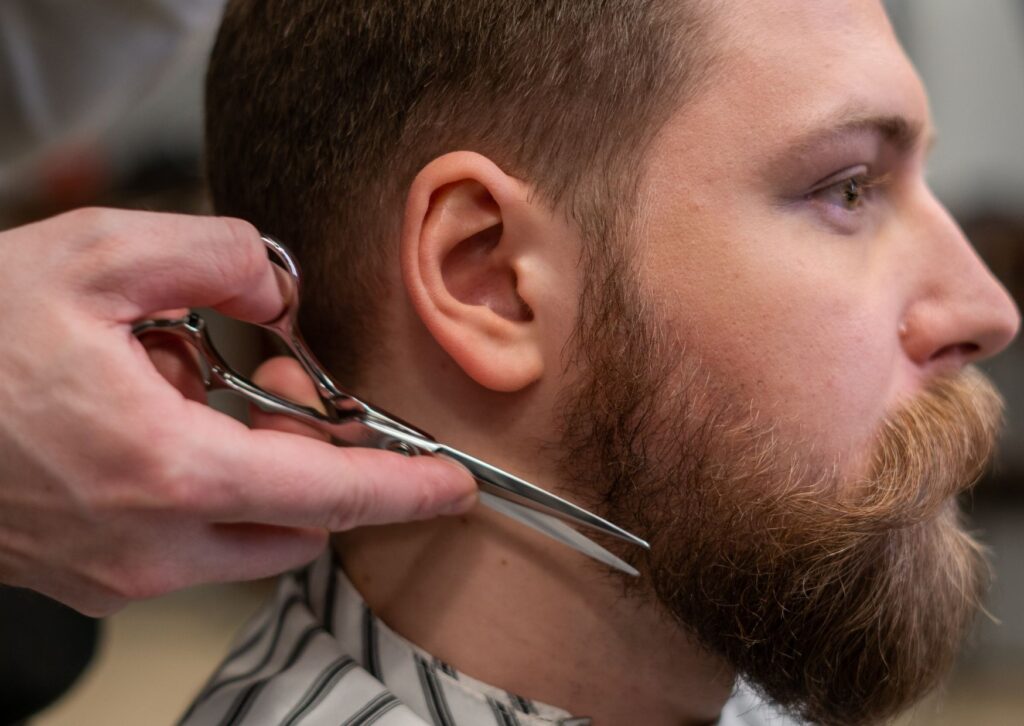
Stop though for a second. It is part of your person. If you are feeling good about yourself, you might style it differently or put some effort in it. We play with it. Children like their hair to be done by their parents. Friends and family comment about how it looks and it gives you a sense of self worth. If you are having a bad hair day, we immediately know that you need to have perhaps some comfort and support.
But it goes much further than that. Facial expressions rely on eyebrows. If you have no eyebrows, communication becomes more complicated. It is more difficult to read a face and decipher the feelings of that person.
Delving further into the problem of Alopecia Universalis if you have no nose or ear hairs it makes it easier for germs to enter the body, and respiratory diseases and illnesses can become more frequent. The hardest thing my husband found was (because he spends so much time outside), the debris in the air constantly getting into his eyes as the eyebrows and eyelashes that used to protect his eyes were no longer there.
When he first started to lose his hair I still remember us going to a school play for one of our children. We knew a lot of parents there, but I could sense immediately they were tense and anxious. It wasn’t until talking to a friend (you have to remember this condition took less than a month before being fully evolved) that she said quietly she was so sorry that my partner was obviously going through chemotherapy treatment, was the cancer serious? I don’t think they believed our answer at the time that it was “just” Alopecia Universalis. As the years passed by though, I think people learnt more about the illness and were more understanding.
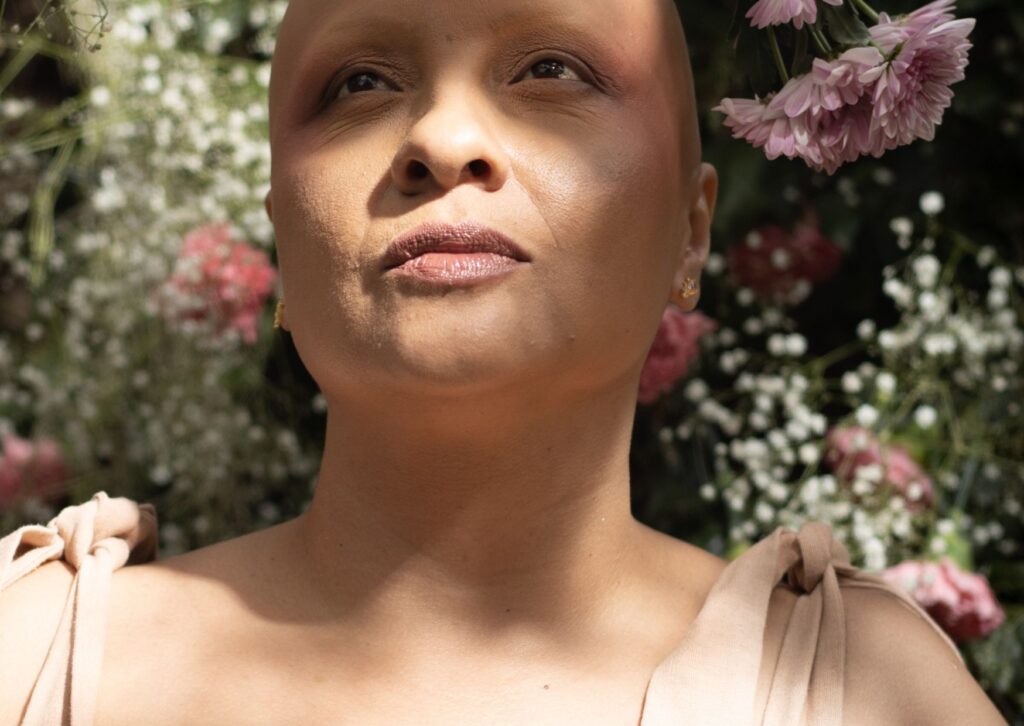
The biggest challenge was telling other people that losing hair was perhaps not important in their eyes, but it is only when you have to go through it yourself and have to deal with the physical and mental circumstances that you really start to understand. I think the people’s flippant comments such as “well it’s just hair”, or “he’s a bloke so it shouldn’t matter,” hurt the most.
How did we deal with it as a family? I suppose as anyone would. It took a big hit on us all mentally, not reducing the physical symptoms in any way to the background. Suddenly Daddy did not look like Daddy any more, and Daddy was sad. He was of course struggling with the physical and mental changes of the condition. My partner of 20 years was having to battle with mental demons that none of us had ever thought would happen to us. There was the added complexity that there appeared to be no hope on the horizon.
I would be lying if I didn’t say there were a few years where life was difficult. Not financially or physically but adjusting to life where the person who you knew had changed and was still changing. I suppose many families go through similar dark times for different reasons in their lives. As a bloke, there wasn’t at the time a lot of help for him to go to where we lived. Options were expensive or just ridiculous. After all, he is a man. He should just buckle up and ride it out. It’s not like what a child or a woman would go through. Yes. We even heard that as a comment. Equality deems that adults should be affected the same as each other, particularly in this day and age where men’s beauty products and regimes seem to be more prevalent than ever before.

I come to the last part of this article; why am I writing about this? Well to let those of you who struggle with alopecia know there is hope, there are rays of sunlight in what can at times be a very frightening, depressing time. I have memories of my daughter (who had very long hair at the time) cutting it off to send to wig makers for other people who suffered this illness. It brought us closer as a family unit. My boys became very empathetic and caring, having very quickly to understand that life is not rosy all the time. It made us realise what exactly is important in life. Suddenly, you realise life is very precious. Did it take time? Yes. Socially perhaps we became more distant as the situation was one that was still being dealt with. But I think we have all learnt strategies for dealing with this.
Finally I leave you with a last thought. Just about two years ago, my husband started to develop itchy skin. Not all the time, but in areas of his body that we found confusing. My daughter who has always been following any hair follicle progress over the years suddenly announced one day,
“Daddy has got some hair!”
Yes, you heard it right. It seems the chance of re-growth is less than 10% but I have no idea if this through medical means. In the space of a year he has developed hair follicles over his scalp (more “baby hair” at the moment) but also a few eyebrow hairs and other hairs across his body. The progress is slow but continually positive. Yes, it has taken over ten years coming, however it seems well on its way to coming back. Will it be permanent? Well who knows, and I think we don’t really care. I think we are just glad that my husband can run his hands over his head for the first time in years and feel fluff, to know there are a few eyelashes now standing guard over his eyes.
So if you have suffered from this illness, sometimes there is light at the end of the tunnel. On reflection it has made us stronger and closer. The hair growth came after many years, but hopefully it might be here to stay.
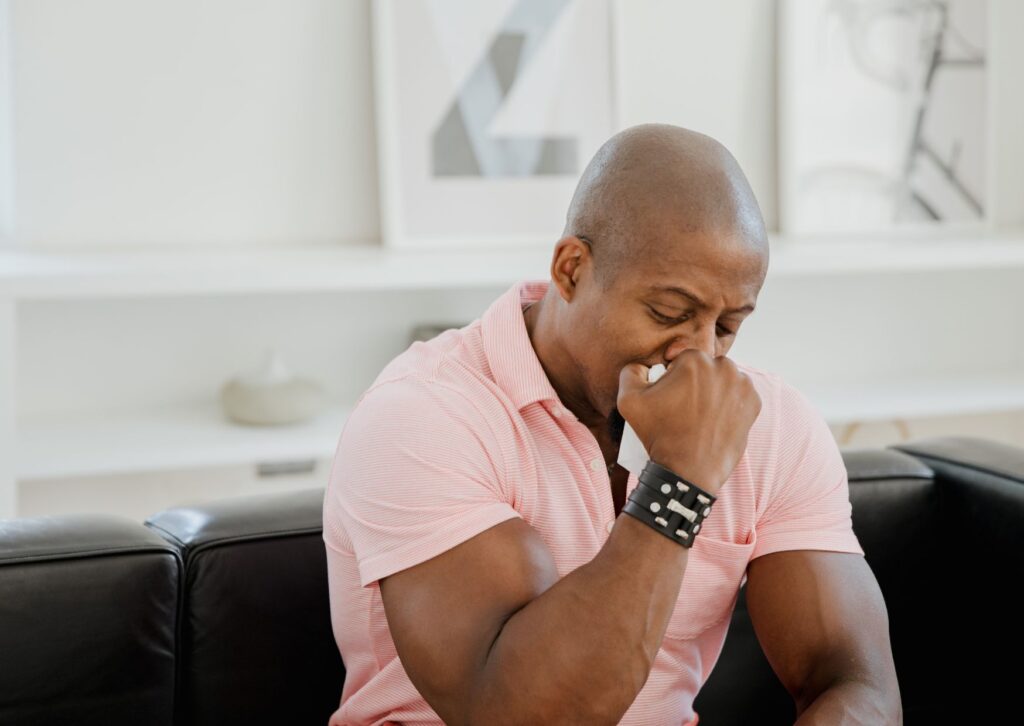
Steve’s notes…
Carinne has talked above about the physical manifestation of the condition, and I have little to add to that.
What she cannot so easily describe is the psychological effect it had on me. I spent about a year or more permanently wearing a hat. Even indoors, even with only the family present. I felt incredibly self-conscious, even vulnerable. I could no longer look at myself in a mirror for any reason at all, or even at my reflection in shop windows. I didn’t recognise the person looking back at me. At the age of 45, I had never had to see my own image without hair. I was unrecognisable to myself, which really disturbed me mentally. I even went to a psychologist to help me to try and come to terms with it. I looked like an old man, through my eyes.
It took at least three years to properly deal with it, but there eventually arrived a time when I didn’t think about it any more. I was no longer even aware of it, even in the company of others. And the hat went. This was a real step forward.
Since then, I am who I am. I look how I look. I recognise myself. I’m used to it, and fully accepting of it. People are right, it is “just hair.” But you cannot accept that, or truly believe that within yourself, until you as an individual are ready to.
I am, and I do.
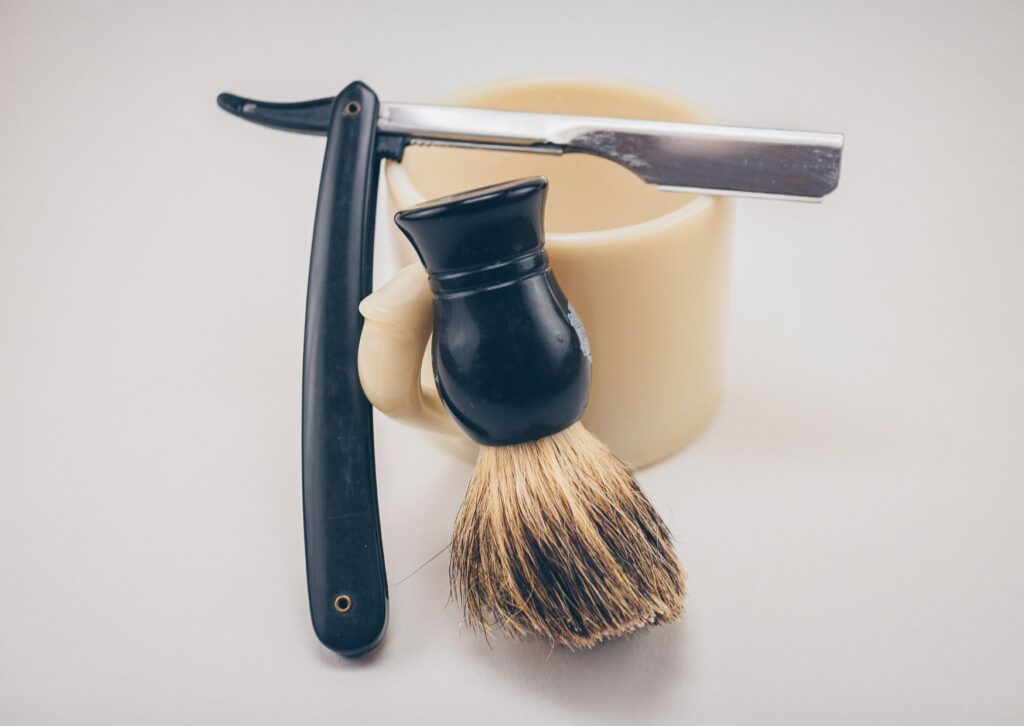
Hair has indeed started to return. Some tiny wisps used to appear each summer, but then fall out like autumn leaves every October. Not this year, or last.
This year, they are here to stay. I truly believe that. In fact they have only increased in volume over the last couple of years. Not like before.
I now shave. I have stubble. I feel the wind in my hair. Sure, most of the hair is white, but some has colour. Hair is reappearing all over my body, not just here and there.
To those of you who have the condition, you will get through the psychological difficulties that it brings, even though they may feel insurmountable. You will accept how you look again soon. And it might even start to grow back. But even if it doesn’t, you are still you.
Just give yourself whatever time you need to accept that, because eventually, you will.
MidLife Crisis In France
COPYRIGHT Ⓒ 2023


